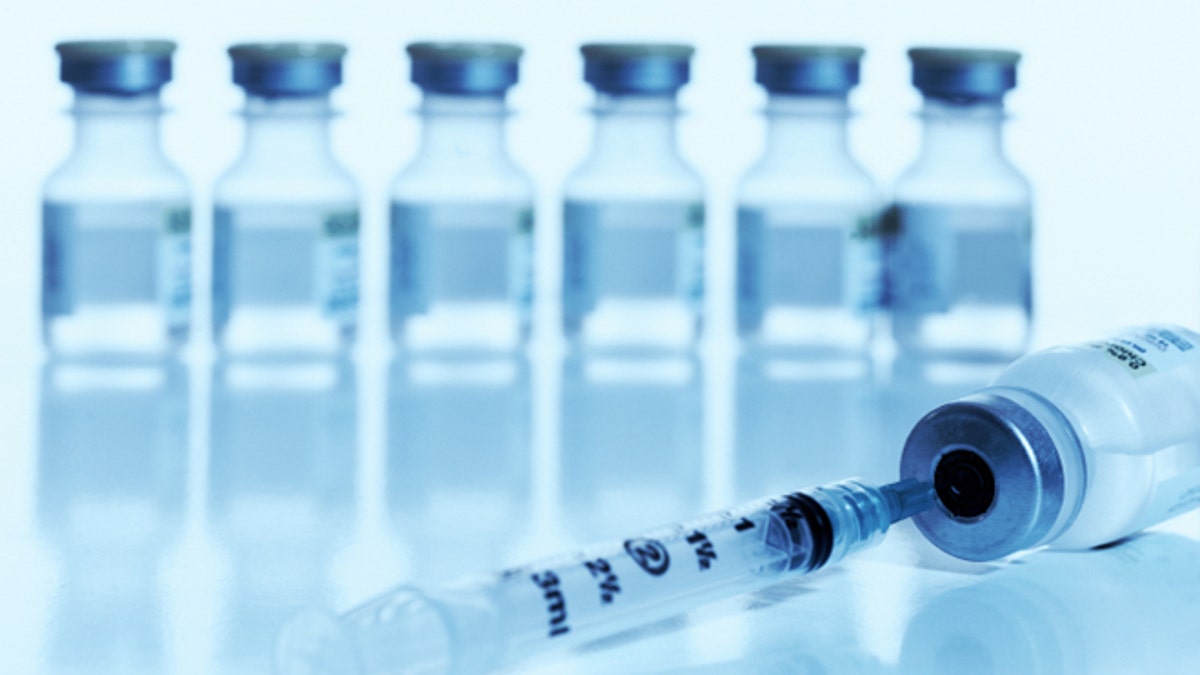
Mexican health authorities approved the first vaccine to gain official acceptance for use against the dengue virus, which sickens about 100 million people every year, mostly in Asia, Africa and Latin America.
Mexico's federal medical safety agency said Wednesday the vaccine has undergone testing on over 40,000 patients worldwide. It said Wednesday the vaccine's manufacturer had proved its safety and effectiveness, but did not name the drug.
In a separate statement, the Lyon, France-based Sanofi Pasteur identified the vaccine as Dengvaxia.
Mexico said the vaccine is aimed at people aged 9 to 45, and will be used in areas where the disease is endemic.
According to a World Health Organization report published in late 2014, the vaccine had an average rate of effectiveness of about 60.8 percent in protecting against the four strains of dengue currently circulating.
But it appeared to be particularly effective in protecting people who had already been exposed to one of the four strains from catching another strain.
That is important because experts believe the most extreme, potentially life-threatening form of the disease — known as dengue hemorrhagic fever, which can cause internal bleeding, shock, organ failure and death — may hit people who have already had one strain, and then suffer a subsequent infection by a different strain.
Because of that, Mexico said it planned to apply the vaccine in areas were exposure rates to at least one strain were 60 percent or more.
The federal agency, known by its initials as Cofepris, said the vaccine could help prevent 104 deaths, 8,000 hospital admissions and save about $65 million in health expenditures annually.
Mosquitoes transmit the dengue virus. Symptoms include high fevers and severe muscle and joint pain. There's no specific treatment for dengue.







































